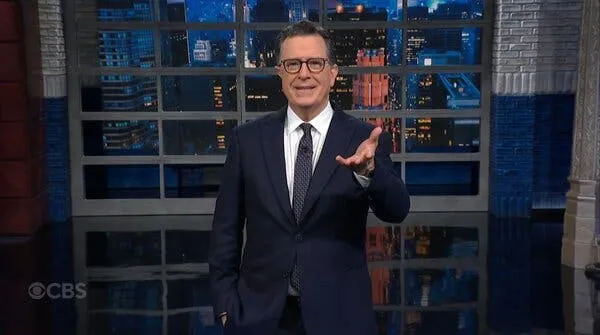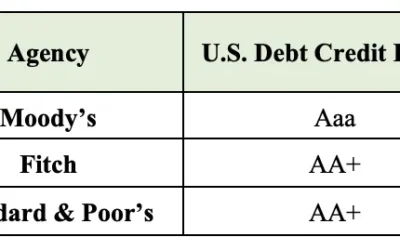Introduction
Each year, the nation’s eyes turn to Washington, D.C. for the presidential celebrations that capture both the pageantry and political gravity of the United States. However, when it comes to President Trump’s approach to such festivities, things often take a peculiar twist. Recently, Stephen Colbert took some time on his show to dissect what he termed as the President’s ‘trumped-up birthday plans,’ which promise to blend spectacle with military might.
The Origins of the Parade Idea
It all started as a somewhat casual suggestion from President Trump regarding his desire for a military parade in D.C. The roots of this concept are fascinatingly intertwined with the fervor of nationalism and Trump’s affection for grandiosity. The idea was presented around the Fourth of July celebrations, where the administration expressed a desire to showcase American military strength.
Colbert’s Take
On his late-night show, Stephen Colbert lampooned the idea of a taxpayer-funded military parade primarily as an ostentatious display of power, which is classic Trump. Colbert delved deep into the absurdity of the situation, questioning why money that could otherwise go toward critical social programs was being allocated to tanks and aircraft formations. As he highlighted, this initiative turned a day meant for unity into something far more militaristic under Trump’s command. Colbert quipped, ‘Because nothing says ‘freedom’ like a bunch of tanks rolling down the street.’
A Financial Burden
The staggering projected costs of the parade are jaw-dropping. Estimates suggest that taxpayers could be on the hook for nearly $45 million to orchestrate this display, a figure that has drawn outrage from many quarters. As Colbert pointed out, funding this parade could mean less money for public services and social initiatives, an irony not lost on the American public.
The Military’s Role
What adds to the spectacle of this event is the extensive involvement of the military—tanks, cannons, fighter jets, and soldiers will all play significant roles in the parade. Reports indicate that troops will even be sleeping in their offices to prepare for this colossal event. The behind-the-scenes logistics of mobilizing such massive displays of military equipment, along with ensuring the soldiers can perform their duties, draw a deep contradiction to the often-portrayed image of ‘supporting our troops.’ It’s hard to argue whether their service to the nation is true recognition or merely a means for the administration to flaunt power.
The Broader Implications
This military parade raises questions regarding the state of American democracy. To many critics, such a display serves as a symbolic representation of authoritarianism creeping into a democratic society. Colbert emphasized, ‘We don’t need to conduct a dictatorship-style military parade to prove that we’re strong—we just need to live that strength out in our values and actions.’
Reactions from the Public
As expected, public reactions to the parade announcement have varied widely. Supporters of President Trump view this as an expression of patriotism, while detractors see it as an irresponsible use of taxpayer funds. A recent survey indicated a split in public opinion, with many Americans questioning the necessity of a military parade and the signals it might send both domestically and internationally.
Historical Context
The notion of military parades is not entirely novel in American history; however, the context in which Trump is proposing such an event differentiates it significantly from past events. Previous parades often occurred in the wake of significant victories or were designed to celebrate unity during times of hardship. In contrast, Trump’s parade feels like a potent reminder of military might, rather than communal celebration.
Conclusion
In conclusion, as viewers tuned in to Stephen Colbert’s remarks regarding Trump’s military parade plans, they got a dose of humor mixed with a healthy dose of skepticism about the intentions behind such displays. The quintessential question remains: is this celebration of military might an appropriate way to honor the nation, or is it a step toward a problematic precedent? As the nation prepares for the event, the implications and financial burdens should lead to a robust conversation about how America chooses to celebrate its identity and values in a manner that unites rather than divides its people.







